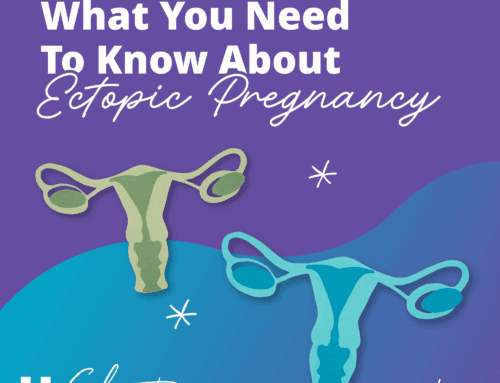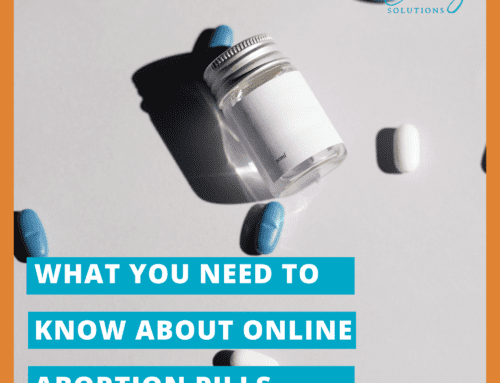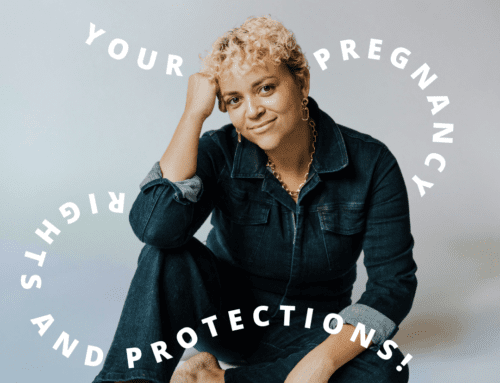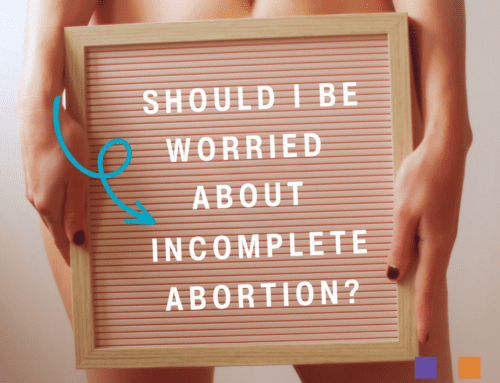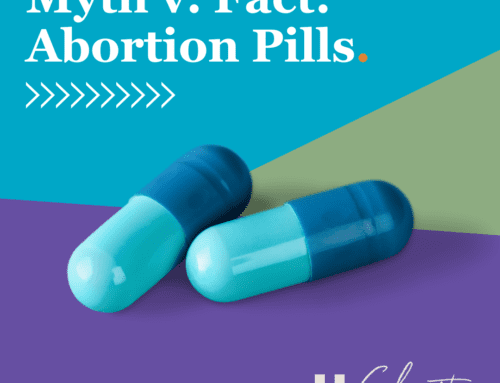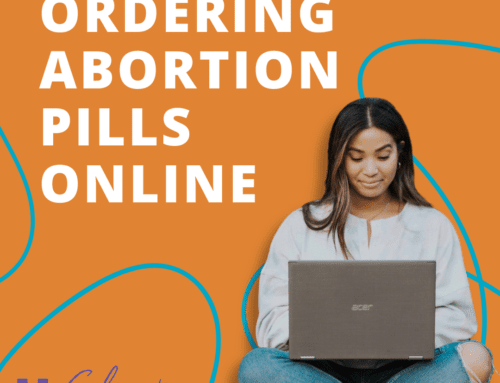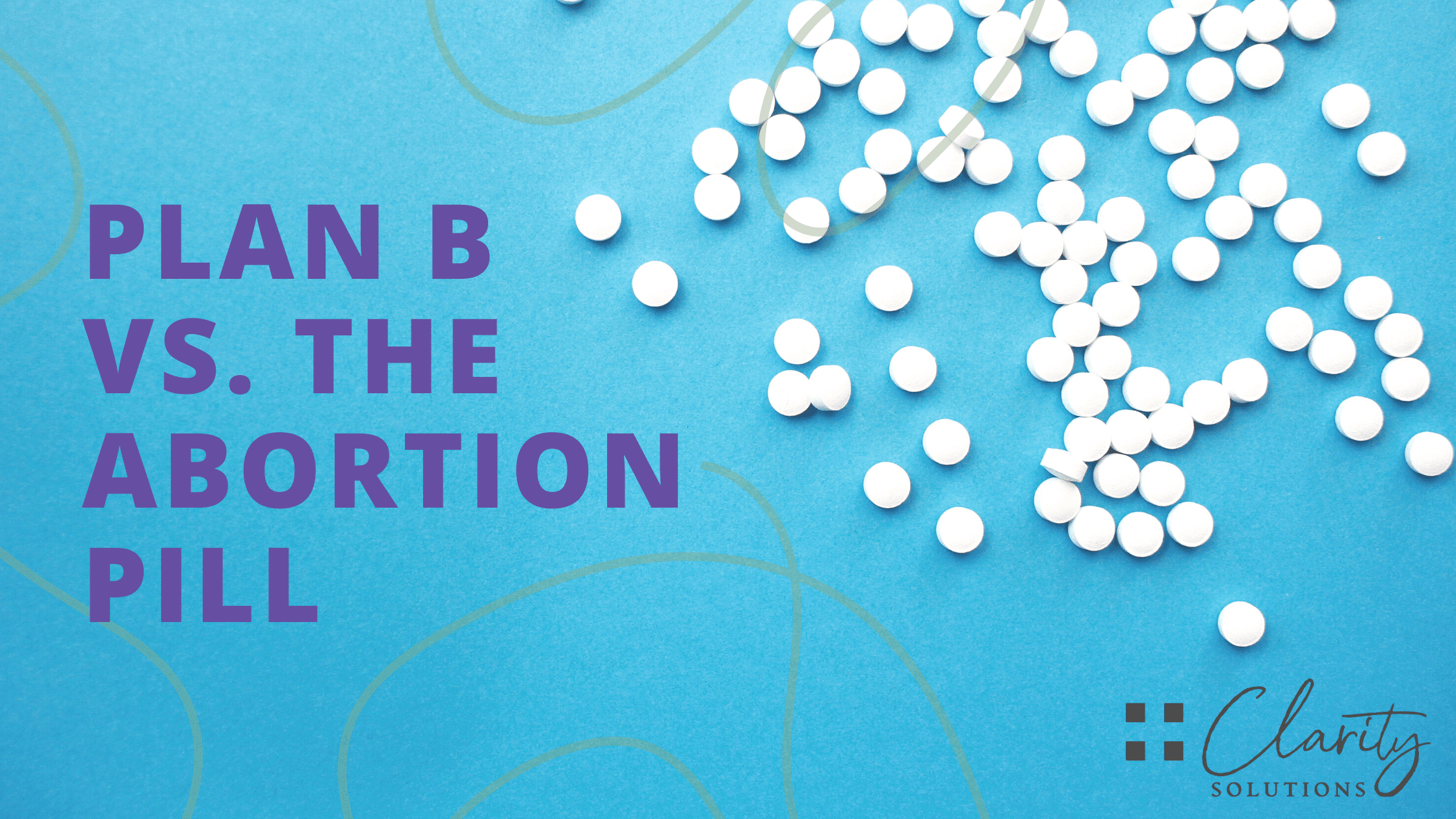
Have you ever wondered what the difference is between the abortion pill and Plan B? Rightfully so, It can be a little confusing!
Let’s break down how they both work and affect our bodies.
You may be more familiar with Plan B’s nickname, the “morning after pill”. Plan B is a pill to be taken by mouth to decrease your likelihood of pregnancy up to 72 hours after unprotected sex.
How Does it Work?
Depending on where you are in your cycle, Plan B can delay or prevent ovulation or possibly prevent the implantation of an already fertilized egg by affecting the uterine lining. Some facts to note:
- Plan B does not keep you from getting pregnant if you have sex after taking it.
- Plan B does not protect against sexually transmitted infections.
- Plan B can produce significant side effects including fatigue, nausea, headaches, disruption of normal menstrual flow and abdominal pain.
- Plan B can have even more damaging consequences to your body if used more than 72 hours past sex.
It is important to be aware of the side effects of Plan B and if you are past 72 hours of sex, make your free, confidential appointment with us. Our lab-quality pregnancy testing can give you the answers and options you need.
“Abortion pill” is the name for a medical abortion that uses two different medicines (Mifeprostone and Misoprostol), rather than a surgical procedure, to terminate a pregnancy. This can only be safely completed within the first 9 weeks of pregnancy.
If you’re considering the abortion pill, it’s important to have an ultrasound. This is used to verify how far along you are and is required before beginning any abortion procedure. You can schedule a free ultrasound, included in our pre-abortion appointment, here.
How does it Work?
Within 48 hours, usually at home, your uterus will contract and expel the embryo/fetus. The process may take a few hours or as long as a few days. Some facts to note:
- Bleeding and cramping starting as early as one hour after taking the medication.
- You should expect to have vaginal bleeding or spotting for several weeks. Up to 8 percent of all women may experience some bleeding for 30 days or more.
- The FDA reports that the abortion pill can have serious side effects and complications such as hemorrhage (heavy bleeding) and serious infections. You could experience side effects such as nausea, vomiting, fever, and chills.
- 1 to 4 percent of women still need a surgical abortion to terminate the pregnancy, resulting in a fourth and perhaps fifth visit.
- You cannot legally get the abortion pill over the counter. The FDA warns against purchasing online abortion-inducing drugs. This puts the patient at risk of taking a drug that has not been approved by the FDA.
Understanding the risks, side effects, and alternatives is the best way to prepare emotionally and psychologically when considering an abortion. Our pre-abortion appointment is designed to verify your pregnancy, confirm gestational age, and talk with you about your options.
While both Plan B and the abortion pill are medications, they are used differently and have different side effects to be aware of. Plan B does not stop the development of a fertilized egg once it’s implanted in the uterus, but may prevent a newly formed life from implanting in the uterus.
However, no matter which option you’re considering, Clarity Solutions can help! Are you wondering the likelihood you could be pregnant because of complicated circumstances? Give us a call! We always have a nurse during business hours always willing to talk to you from a medical standpoint. Are you wondering if you are too far along to take the abortion pill? Our pre-abortion appointment was designed to give you the info you need for your decision!
Our medical professionals are here to give you the free medical services you need to determine which pregnancy option is the best for you.





